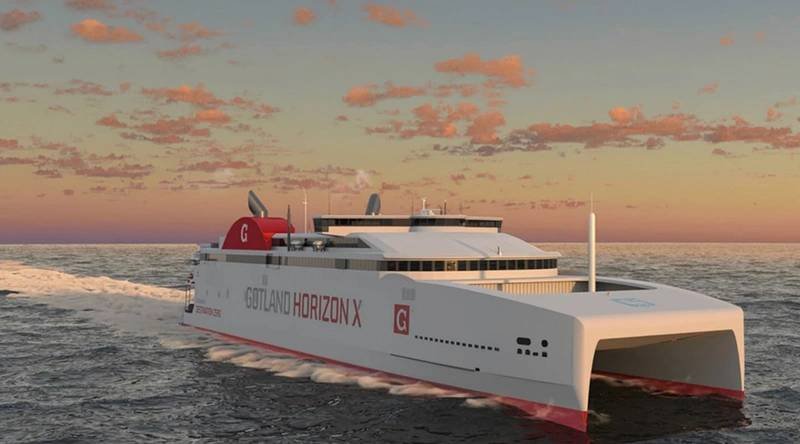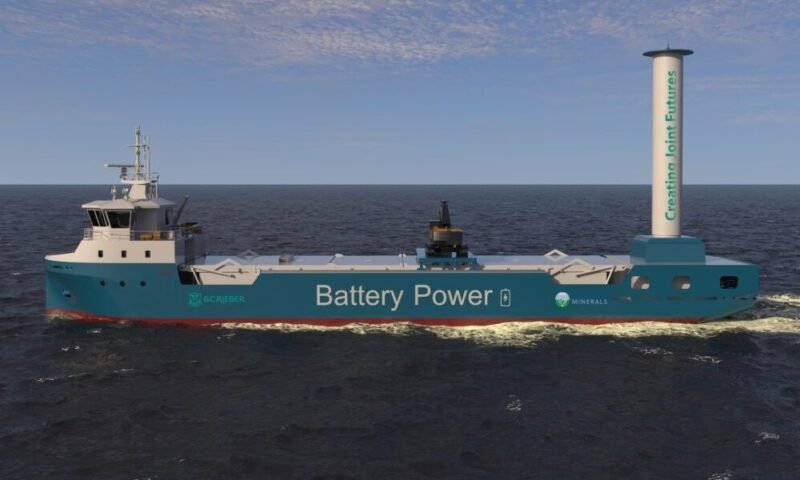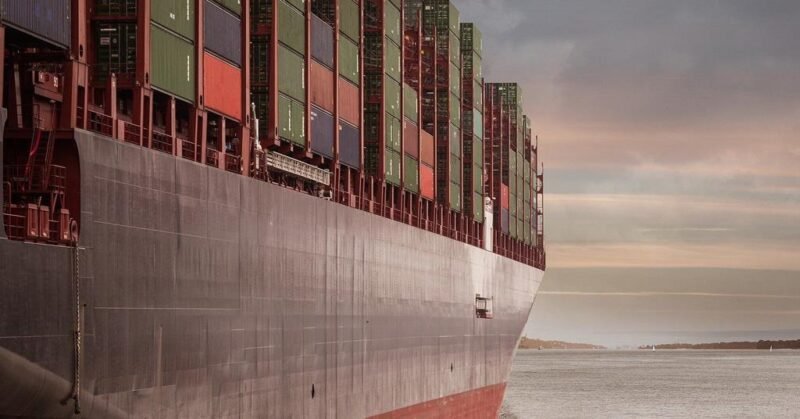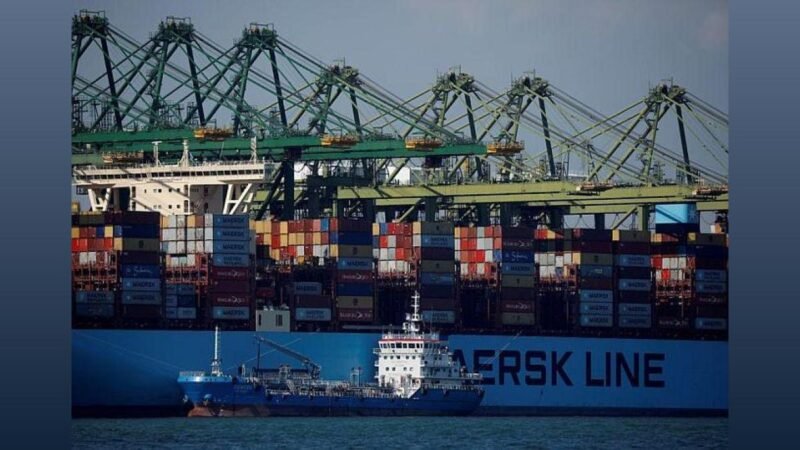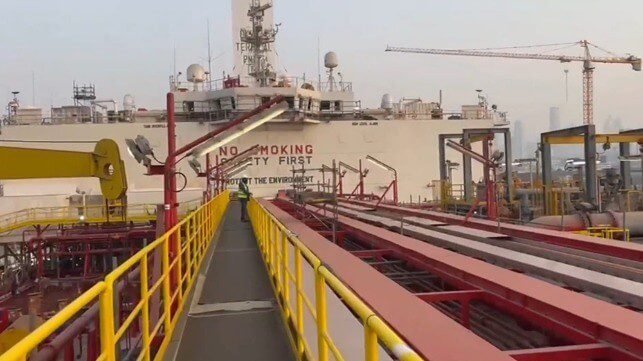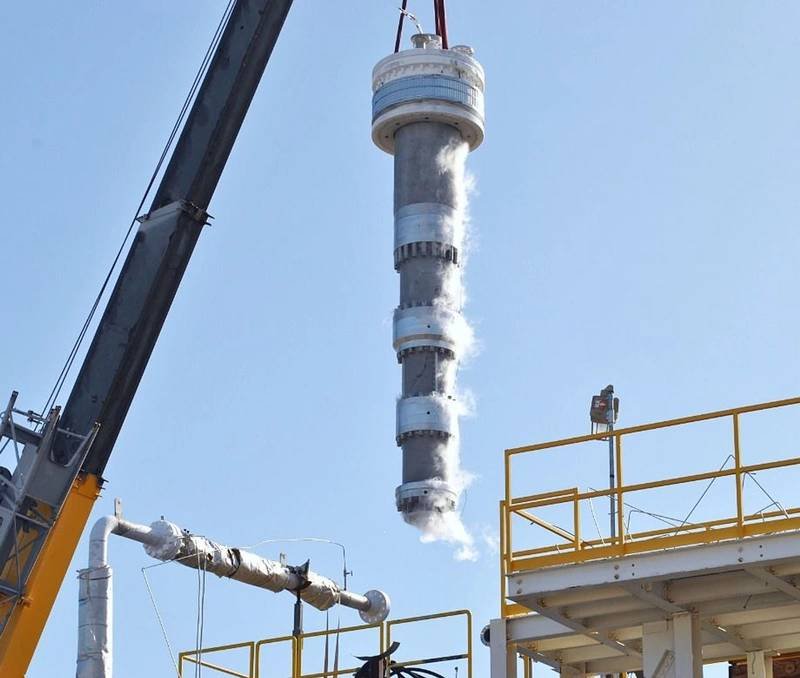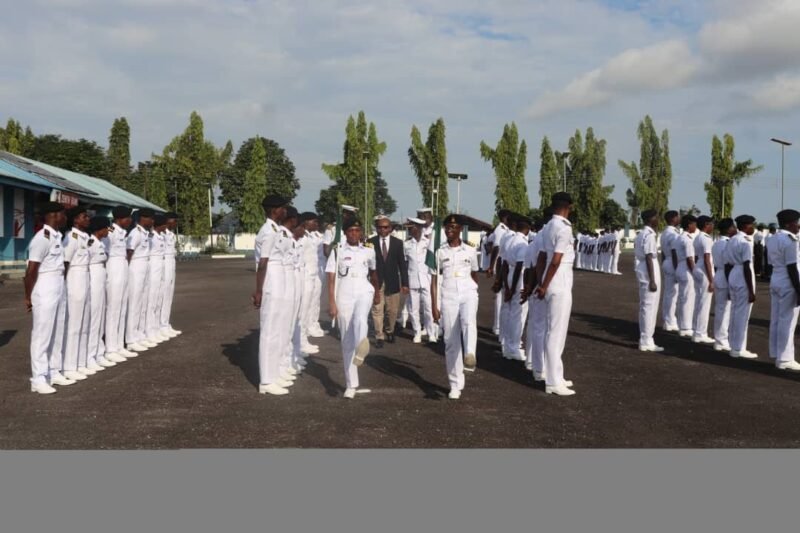The shipping industry’s move towards smart technology is threatened by crews’ inability to effectively interpret the increasing volume of diagnostic data, warns Condition Monitoring Technologies (CMT), a German diagnostics firm. Managing Director David Fuhlbrügge emphasizes that while ship operators invest in advanced monitoring equipment, crews often lack the understanding needed to make critical operational decisions based on this data.
Research supports CMT’s concerns, indicating that a shortage of skilled personnel can hinder data analysis in maritime applications. A study from Gdynia Maritime University highlights the maritime industry’s conservative nature, which slows the adoption of new technologies, despite their potential for enhancing operational efficiency. Similarly, a 2021 paper from Taiwan’s National Kaohsiung University underscores that successful implementation of new tools depends on high-quality data and the ability to interpret it.
CMT notes a significant skills gap in engine rooms, where crew sizes have halved over the years, leading to a loss of critical knowledge. While some companies are shifting diagnostics to shore-based teams, CMT stresses that competent decision-making is essential onboard, especially during emergencies. The firm calls for shipowners to invest in training alongside technology, asserting that without skilled personnel, even the best technology cannot prevent failures.






